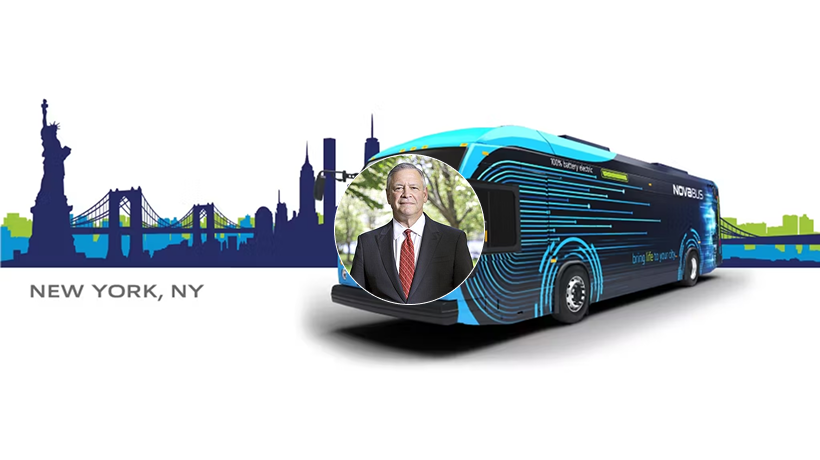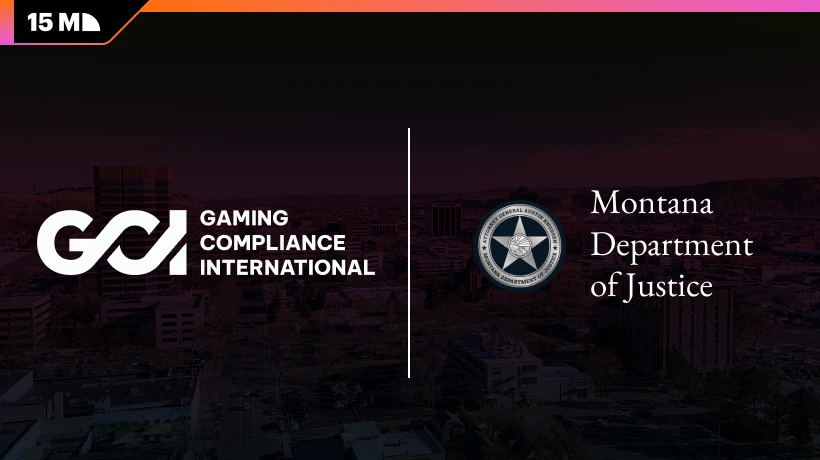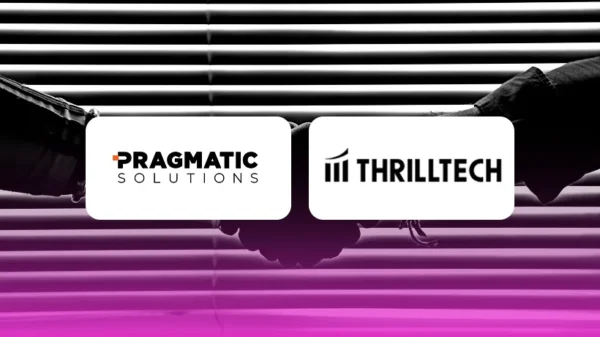Resorts World New York City put forward projections this week showing $2.5bn flowing to the state’s Metropolitan Transportation Authority through 2029. That’s if the New York Gaming Facility Location Board picks them for one of three casino licences.
The deadline sits at December 1, and Resorts World isn’t making small promises here.
Robert DeSalvio runs Genting Americas East. He told stakeholders this week the project goes beyond casino expansion. “This is a transformative economic development project that will keep New York City moving in every way,” he said.
Why These Numbers Matter for Transit Funding
The MTA currently budgets $1.8bn from casino licences and taxes between 2026 and 2029. Resorts World’s projection beats that by $700m.
Here’s the breakdown. The state expects $500m in 2026, another $500m in 2027, $600m in 2028, and $200m in 2029. But those numbers assumed three casinos would split the contributions.
MGM Yonkers withdrew their bid recently. That changes the competitive landscape completely.
What Resorts World Brings to the Table
The $2.5bn figure breaks into two parts. There’s a $600m upfront license fee. Then $1.9bn comes from tax payments through 2029.
Resorts World claims they can open by March 2026 if approved. That timing matters because it means revenue starts flowing earlier than new builds.
They’d become the only operating commercial casino in Downstate New York. (Their existing facility operates under different licensing rules.)
Beyond the MTA money, Resorts World projects $2bn for the state’s public education system. Plus $500m headed to the New York Racing Association.
How This Shapes New York’s Casino Future
DeSalvio emphasised the operational advantage. “Resorts World New York City is the only bidder who can deliver a steady flow of new revenue for the MTA starting in 2026,” he noted.
The withdrawal of MGM Yonkers strengthens this position considerably. Other bidders face longer development timelines.
The Gaming Facility Location Board now evaluates fewer options for Downstate licences. Resorts World’s existing infrastructure and immediate revenue potential create a compelling case.
Transit funding needs don’t wait for construction schedules. The MTA’s budget crunch makes these projected contributions significant for service planning. Whether the board prioritises immediate revenue over other considerations remains the key question before December’s decision.







